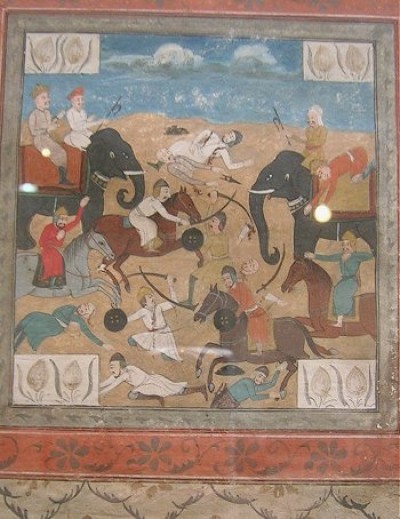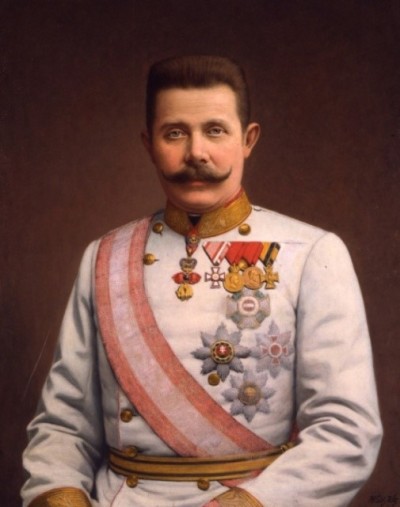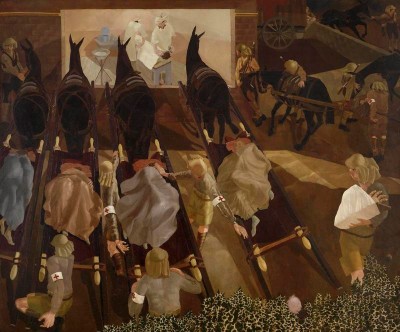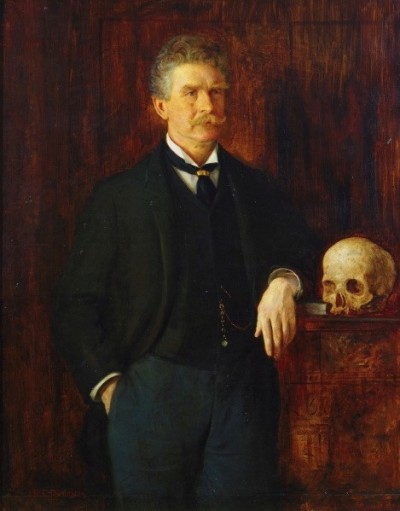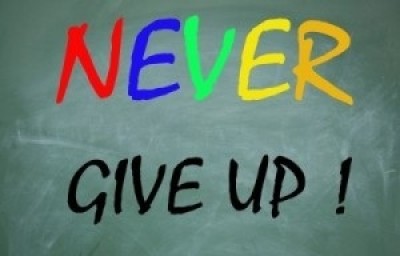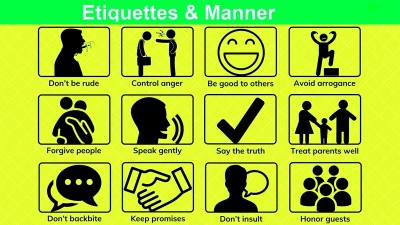Course description
The Roots of War
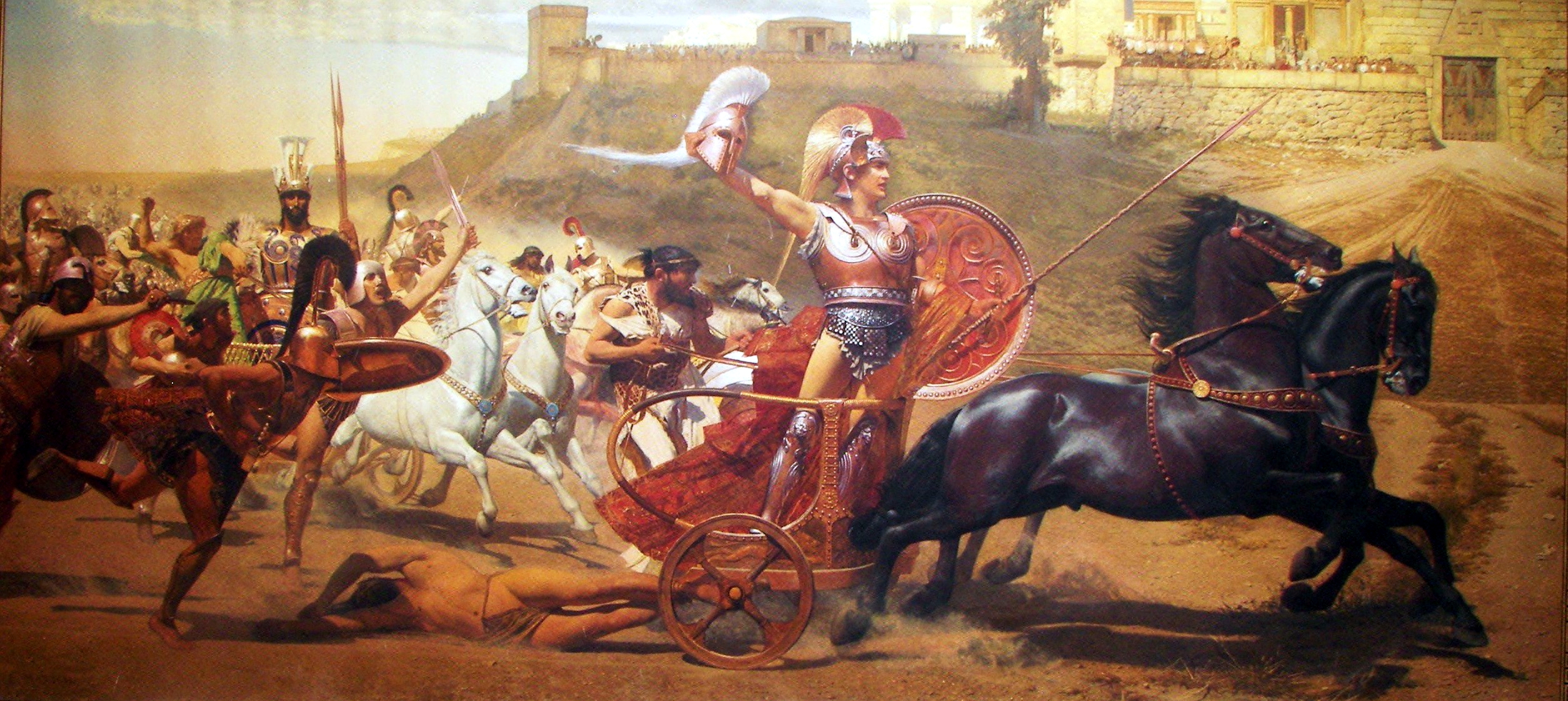 It can never be proved, but it is a safe assumption that the first time five thousand men were ever gathered together in one place, they belonged to an army. That probably happened around 7000 BC - give or take a thousand years - and it is an equally safe bet that the first truly large-scale slaughter of people in human history happened very soon afterwards.
It can never be proved, but it is a safe assumption that the first time five thousand men were ever gathered together in one place, they belonged to an army. That probably happened around 7000 BC - give or take a thousand years - and it is an equally safe bet that the first truly large-scale slaughter of people in human history happened very soon afterwards.
The first army almost certainly carried weapons no different from those that hunters had been using on animals and on each other for thousands of years previously: spears, knives, axes, perhaps bows and arrows.
Its strength was not only numbers; what made it an army was discipline and organization. This mass of men obeyed a single commander and killed his enemies to achieve his goals. It was the most frightening concentration of power the human world had ever seen, and nothing except another army could hope to resist it. The battle that happened when two armies fought was very different from the clashes of primitive warfare. Thousands of men were crowded together in tight formations that moved on command and marched together. Drill, practised over many days and months until it became automatic, is what changed these men from a mob of individual fighters into an army. (The basic forms of military drill are among the most widespread and unchanging elements of human civilization.
 And when the packed formations of well-drilled men clashed on the forgotten battlefields of the earliest kingdoms, what happened was impersonal, though every man died his own death. It was not traditional fighting between individual soldiers. They were pushed forward by the men behind them against the anonymous strangers in that part of the enemy line facing them, and though in the end it was pairs of individuals who hit at each other with spears for a few moments before one went down, there was nothing personal in the fighting. 'Their shields touched, they pushed, fought, killed and died. There was no shouting, and yet no silence either, but rather such a noise as might be made by the angry clash of armed men.' * The result of such a struggle in a small space is killing on an unprecedented scale. Hundreds or thousands of men would die in half an hour, in an area no bigger than a couple of football fields. 'When the battle was over, one could see on the site of the struggle, the ground covered with blood, friend and enemy lying dead on one another, shields broken, spears shattered and swords, some on the ground, some in corpses, some still held in the hands of the dead.
And when the packed formations of well-drilled men clashed on the forgotten battlefields of the earliest kingdoms, what happened was impersonal, though every man died his own death. It was not traditional fighting between individual soldiers. They were pushed forward by the men behind them against the anonymous strangers in that part of the enemy line facing them, and though in the end it was pairs of individuals who hit at each other with spears for a few moments before one went down, there was nothing personal in the fighting. 'Their shields touched, they pushed, fought, killed and died. There was no shouting, and yet no silence either, but rather such a noise as might be made by the angry clash of armed men.' * The result of such a struggle in a small space is killing on an unprecedented scale. Hundreds or thousands of men would die in half an hour, in an area no bigger than a couple of football fields. 'When the battle was over, one could see on the site of the struggle, the ground covered with blood, friend and enemy lying dead on one another, shields broken, spears shattered and swords, some on the ground, some in corpses, some still held in the hands of the dead.
 It was now getting late, so they pulled the enemy corpses inside their lines, had a meal and went to rest.' * And the question we rarely ask, because our history is full of such scenes, is, How could men do this? After all, in the tribal cultures from which we all come originally, they could not have done it. Being a soldier and taking part in a 'battle' with a small but energising risk is one thing; the mechanistic and anonymous mass slaughter of civilized warfare is another, and any traditional soldier would do the sensible thing and leave immediately.
It was now getting late, so they pulled the enemy corpses inside their lines, had a meal and went to rest.' * And the question we rarely ask, because our history is full of such scenes, is, How could men do this? After all, in the tribal cultures from which we all come originally, they could not have done it. Being a soldier and taking part in a 'battle' with a small but energising risk is one thing; the mechanistic and anonymous mass slaughter of civilized warfare is another, and any traditional soldier would do the sensible thing and leave immediately.
Yet civilized men, from 5000 BC or from today, will stay at such scenes of horror even if they know that they will probably die in the next few minutes. The invention of armies needed more than just working out ways of drilling large numbers of people to act together. Although that was certainly part of it. A formation of drilled men has a different psychology - a controlled form of mob psychology to overpower the personal identity and tears of the individuals who make it up. We believe that people will kill if they find themselves in a situation where their own survival is at risk, and nobody needs lessons to learn how to die. What is less obvious is that practically anybody can be persuaded to more or less voluntarily enter a situation where he must kill and perhaps die. Yet if that was not true, battles would be impossible, and civilization would be very different today!
* Written by Xenophon, the Greek general and historian, about the Battle of Coronea in 394 BC.

 It can never be proved, but it is a safe
It can never be proved, but it is a safe  And when the packed
And when the packed  It was now getting late, so they pulled the enemy
It was now getting late, so they pulled the enemy 